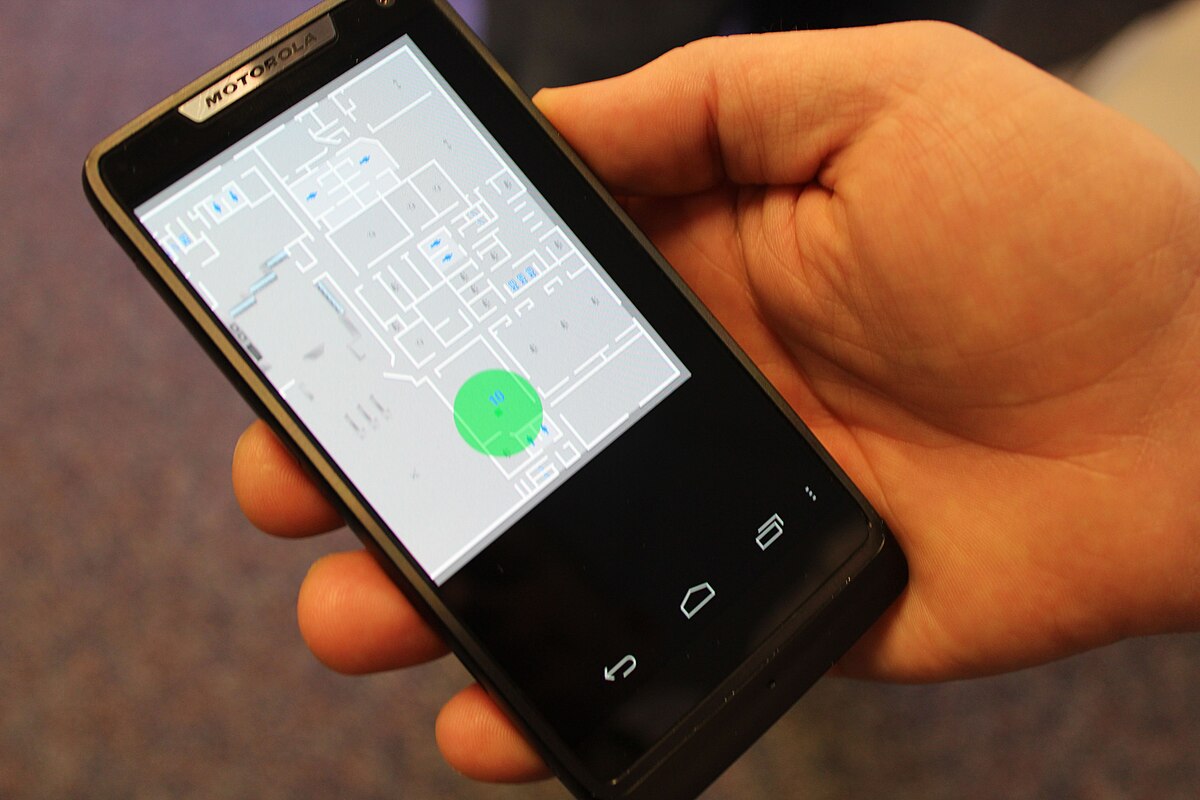D
Deleted member 76351
No one can buy time
- Joined
- Jun 7, 2024
- Posts
- 8,420
- Reputation
- 11,386
I’ve been thinking about this question recently:
How can we truly know if a system guaranteeing anonymity is actually doing so?
Even with multiple security layers or measures in place, there's always some level of uncertainty. A computer is such a complex machine, with so many interconnected components, that it’s incredibly difficult to prove true anonymity.
Take the Tor network or proxies, for example: they mitigate some risks but don’t fully solve the problem. VPNs might help, but then you’re left trusting the VPN provider.
It’s a daunting problem, and honestly, it’s making my head hurt. The only way I’d feel completely safe would be if I could build my own operating system, design my own protocols and encryption systems, and even operate my own ISP. But, realistically, that’s not feasible.
How can we truly know if a system guaranteeing anonymity is actually doing so?
Even with multiple security layers or measures in place, there's always some level of uncertainty. A computer is such a complex machine, with so many interconnected components, that it’s incredibly difficult to prove true anonymity.
Take the Tor network or proxies, for example: they mitigate some risks but don’t fully solve the problem. VPNs might help, but then you’re left trusting the VPN provider.
It’s a daunting problem, and honestly, it’s making my head hurt. The only way I’d feel completely safe would be if I could build my own operating system, design my own protocols and encryption systems, and even operate my own ISP. But, realistically, that’s not feasible.



